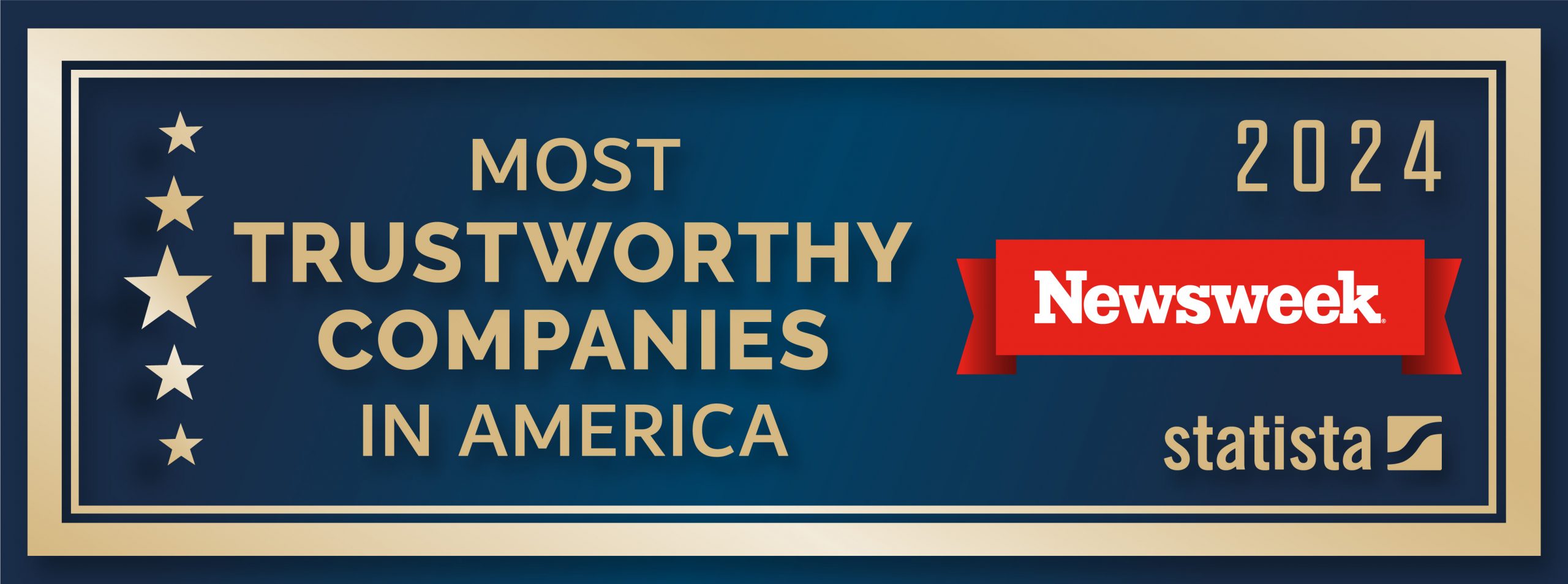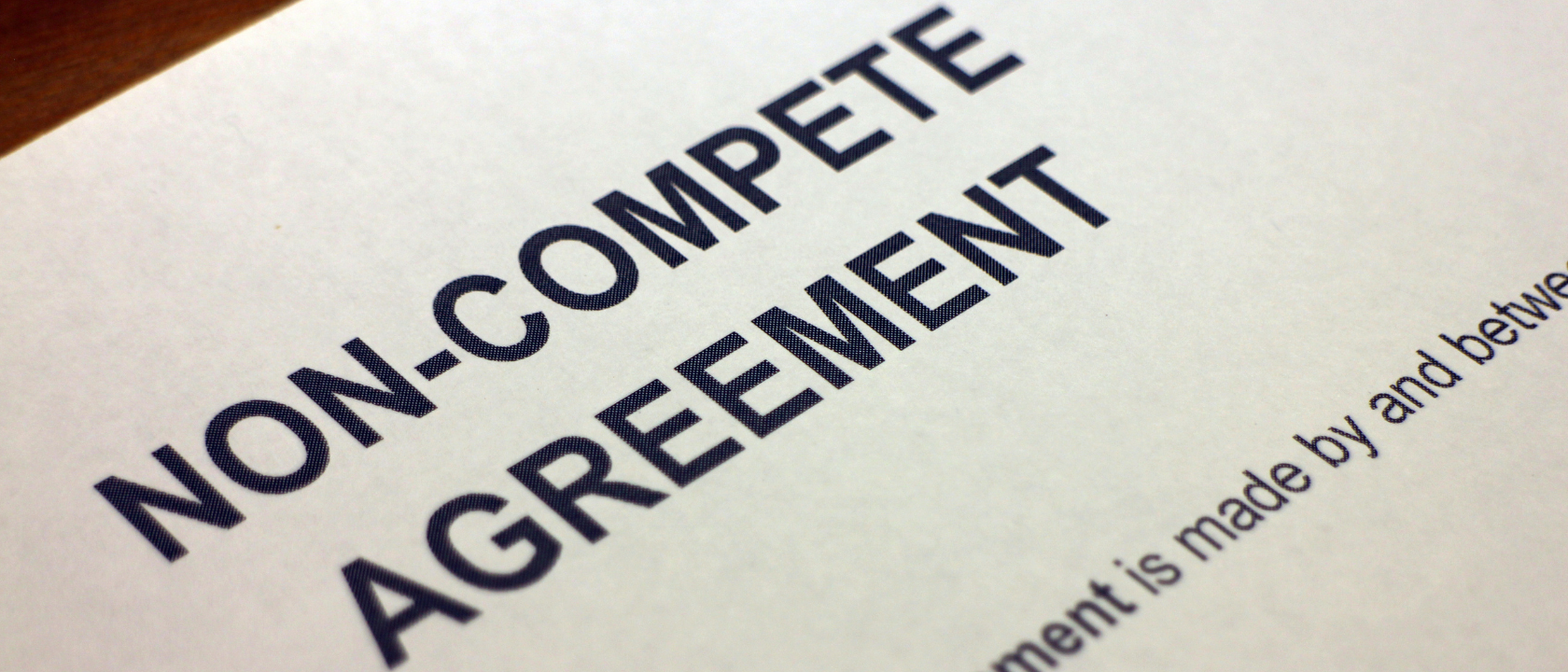The Branding Myth – You are NOT Your Logo

Northridge, California ? Here in America, we revere brands. What?s more American than a McDonald?s burger with an icy Coca-Cola? Or a Mattel Barbie under the Christmas tree you bought last year from Sears?
Brands and their icons are so much a part of the fabric of the American way of life that a French-produced satire on brands, Logorama, won the 2009 Academy Award for Best Animated Short Film.
But imagine if Coca-Cola just tasted horrible. Or what if your little girl?s Barbie fell apart after just a few play dates with Ken? And would Sears be successful if its products were too few and too expensive?
As powerful as branding is, it?s only as powerful as the company?s commitment to live up to it.
A brand is much more than a well-crafted logo or a clever slogan. It?s really a promise about the unique value that the company, product or service brings to the consumer that makes it worth considering. Kleenex?s brand promise is a tissue that?s easy on the skin but strong on the blow. Kodak?s promise is an image faithfully captured that will bring joy for generations. McDonald?s promise is good-tasting food served in a clean environment that?s absolutely consistent from store to store. FedEx promises the certainty of fast overnight delivery. If any of these promises aren?t delivered, the brands are meaningless, regardless of the millions (or billions) spent in advertising.
So for a brand to be successful, it needs to fulfill three requirements. First, it must be distinctive. (That?s a lengthy discussion all its own, but suffice it to say though FedEx and UPS provide similar services, their brands are completely different.) Second, it must be generated from within the company?s own mission or raison d?



